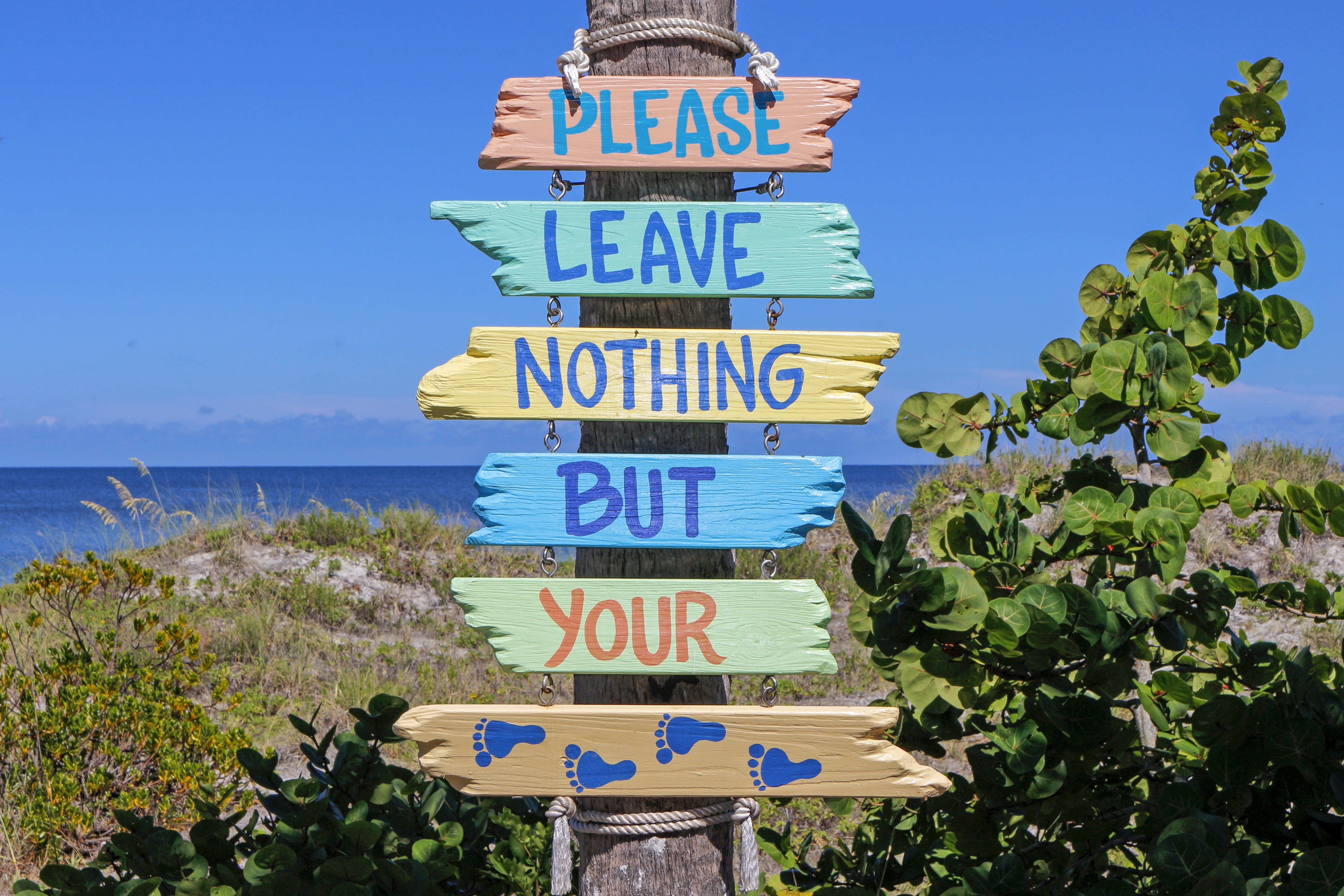Subscribe to the newsletter:
British author and self-proclaimed traveller, Tahir Shah, once said in one his books that the very places tourists love are destroyed by their affection. Unfortunately, the facts do not lie. Tourism often puts pressure on natural resources through over-consumption, it contributes to greenhouse gas emissions and the tourism industry generally overuses water resources for hotels, swimming pools, golf courses and personal use of water by tourists.
And the number of tourists is growing. There are 1 billion tourist arrivals in the world every year. That’s 30 every single second. By 2020 the number will increase by 60 per cent. Along with the tourists, comes the negative impacts to the environment, depletion of natural resources, pollution and physical impacts.
However, tourism is and will always be one of the most profitable industries in the world, it generates one out of every eleven jobs and it is the largest export category in many developing countries. But the positive impacts of tourism far exceed the economical aspect. It is responsible for preserving cultural values, diversity and heritage. Tourism does that by reviving traditional activities and customs, empowering communities and nurturing pride within them, promoting cultural diversity and raising awareness of the value of heritage.
And not only that, tourism can also be a very important tool for peace. It breaks down barriers and builds bridges between visitors and hosts and provides opportunities for cross-cultural encounters.

So how can we make sure that tourism is practised in a way that its benefits surpasses its disadvantages? Sustainable tourism might be the answer and it is a quite simple concept. It is basically supporting locally managed businesses and participating in activities that do not harm the environment or exploit local culture. The United Nations even named 2017 as the year for sustainable tourism in an effort to promote this way of travelling.
Apart from the obvious advantages of preserving the environment, sustainable tourism also has many other benefits. From helping the local community to creating better places to live and providing a more authentic experience, sustainable tourism is our responsibility.
Opportunity
With that in mind, Booking.com wants to work together with innovators towards a more sustainable future for the global tourism industry. They are offering a three-week accelerator programme for impactful startups and scale-ups dedicated to sustainable tourism, culminating in an opportunity to pitch for grants of up to €500,000. Do you have a sustainable solution? Join the Booking Booster opportunity!